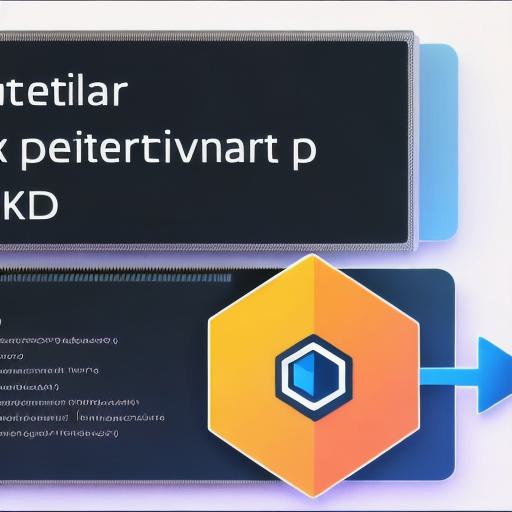C++ for Web3: Building a Better Future with High-Performance and Interoperability

Web3 technology has revolutionized the way we interact with data and applications, promising a decentralized and more secure future. However, as the use of smart contracts and decentralized applications (DApps) becomes more widespread, it’s becoming increasingly important to have high-performance and interoperable solutions that can handle large amounts of data and transactions.
That’s where C++ comes in. As a low-level programming language with a strong focus on performance, C++ is an excellent choice for building Web3 applications that require speed and efficiency. In this article, we’ll explore the benefits of using C++ in Web3 development, including its high-performance capabilities, interoperability with other languages, and use cases in real-world DApps.

High-Performance Capabilities
One of the main advantages of using C++ in Web3 development is its ability to deliver high performance. C++ is a compiled language that runs directly on machine code, which means it can execute at a much faster rate than interpreted languages like Python or JavaScript. This makes C++ an ideal choice for applications that require real-time processing and low latency, such as games, simulations, and financial trading platforms.
In addition to its raw performance, C++ also offers features like memory management and concurrency that are crucial for building high-performance Web3 applications. For example, C++’s garbage collection system can free up memory and prevent resource leaks, while its support for multithreading allows developers to parallelize tasks and improve performance.
Interoperability with Other Languages
Another advantage of using C++ in Web3 development is its interoperability with other languages. While C++ may not be as popular as JavaScript or Python in the Web3 space, it can easily integrate with these languages through APIs and libraries. This makes it possible to build hybrid applications that leverage the strengths of multiple programming languages.
For example, a Web3 application built with C++ could use a smart contract written in Solidity (the language used for writing Ethereum smart contracts) and communicate with a frontend built using React or Angular. Alternatively, a Python-based DApp could use C++ libraries to access blockchain data or perform high-performance computations.
Real-World Use Cases
There are many real-world examples of Web3 applications that have been built using C++. One notable example is the open-source blockchain platform, Hyperledger Fabric, which is written in C++ and used by a variety of industries for secure and scalable DApp development. Another example is the Ethereum Virtual Machine (EVM), which uses a modified version of the Java Virtual Machine (JVM) to execute smart contracts on the Ethereum network.
Another use case for C++ in Web3 development is building decentralized finance (DeFi) applications. DeFi apps are built on blockchain technology and offer a range of financial services like lending, borrowing, and trading. These apps often require high performance and scalability, making C++ an ideal choice for building these types of applications.
In conclusion, C++ is a powerful language that offers the benefits of high-performance and interoperability in Web3 development. As more developers turn to DApps and smart contracts, it’s likely we will see even more adoption of C++ in this space. Whether you’re building a new Web3 application or looking to improve performance for an existing application, C++ is definitely worth considering.








